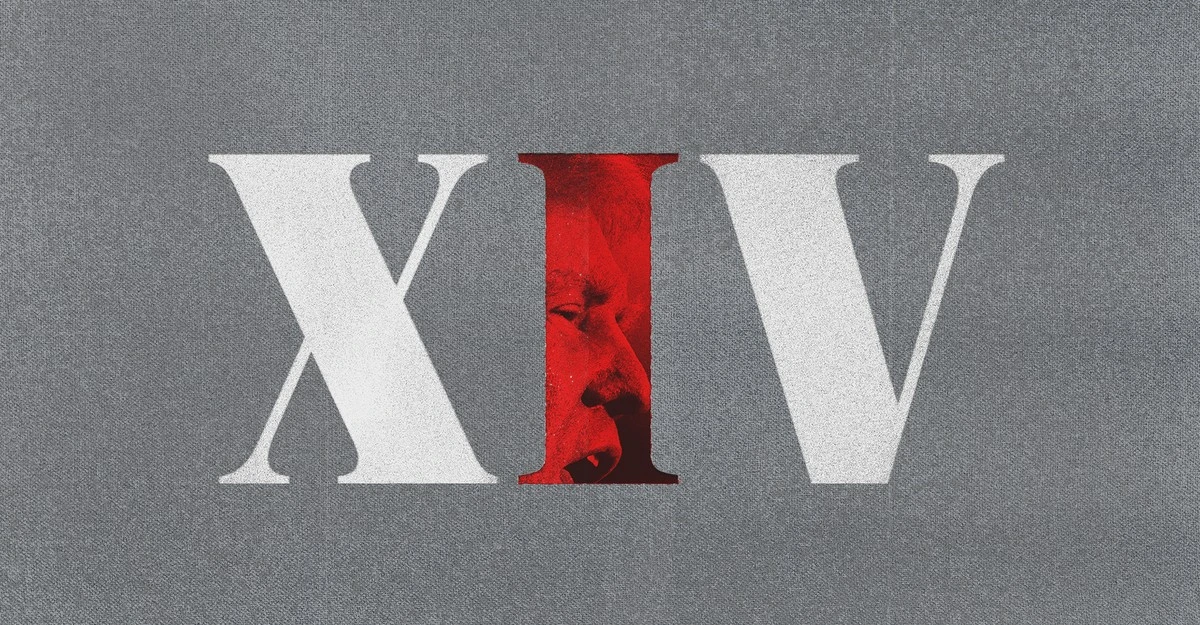As the Colorado Supreme Court wrote, January 6 meets the bar for insurrection “under any viable definition” of the term. The legal scholar Mark Graber, who has closely studied the Fourteenth Amendment’s history, argues that “insurrection” should be understood broadly—an act of organized resistance to government authority motivated by a “public purpose.” That certainly describes the Capitol riot, in which a violent mob attacked law enforcement and threatened members of Congress and the vice president in order to block the rightful counting of the electoral vote and illegally secure the victory of the losing candidate. The historical record also suggests that the amendment’s requirement that a prospective officeholder must have “engaged in insurrection” should also be understood broadly—meaning that Trump’s speech on the Ellipse that morning and his encouragement of the rioters while they smashed their way through the Capitol more than fit the bill.



The Colorado lower court ruled as a matter of fact he did engage in insurrection.
The lower court punted the decison on if the 14th included the office of the president, which the Colorado Supreme Court ruled it did
From what you’re saying the SC would need to accept that fact, and they are only ruling on if the 14th includes the presidency
Indeed, pretty much, it would.
Unfortunately, SCOTUS hasn’t exactly got the best record when it comes to staying in its lane.
Though, while I’m on the subject, Australia’s High Court is much, much better than SCOTUS when it comes to the quality of jurisprudence, but it’s still far from perfect. We had a highly notable case recently where they decided, in essence, “the jury was unreasonable” and overruled both the trial court and the appellate court not on a matter of law, but purely because they disagreed with the jury. So it’s not an entirely uniquely American problem.
Damn, that would be infuriating
For reference, the case I was referencing was against Cardinal George Pell, the (at the time—now deceased) highest-ranking Catholic priest in Australia, and arguably third-highest-ranking member of the entire Roman Catholic Church. He was initially convicted of child sexual abuse.